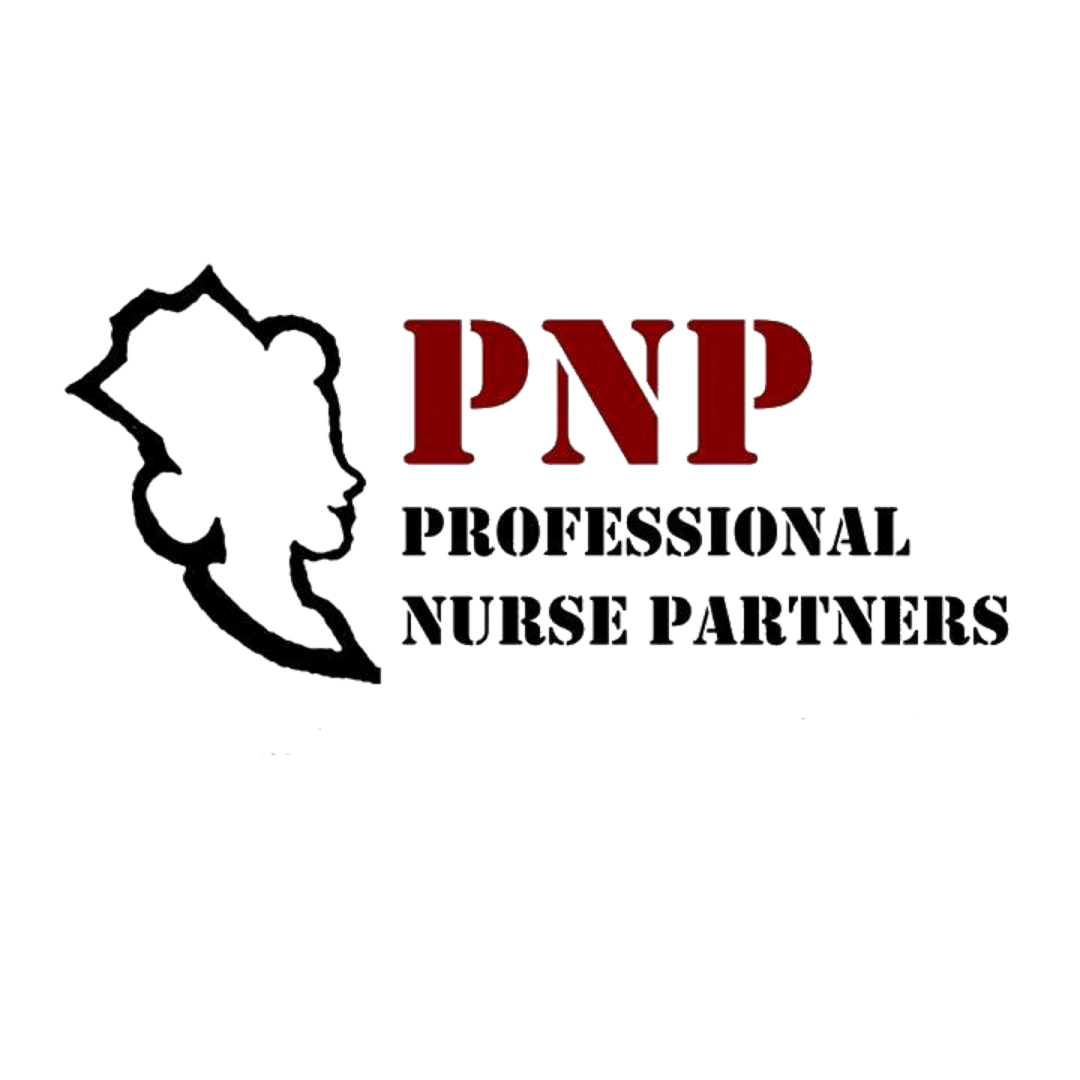As we age, we are at a higher risk for kidney disease as well as other conditions. This disease is known as the silent disease because there aren't usually warning signs. By the time you notice, it could be too late. The warning signs can also be related to other conditions. It's important to get regular check ups and ask to get your kidneys tested. You may be at a higher risk if you have diabetes, high blood pressure, are a smoker, or have a family history. It is also said that if you have had heart problems in the past you can have a greater risk for developing kidney disease.
There are 2 tests that can be done to check for kidney disease. One is a urine test. It is called an Albumin Creatinine Ratio to see how much protein is in your urine. There is also a blood test called the Glomerular Filtration Rate (GFR). This will show if your kidneys are working to remove the wastes from your blood. If you have a GFR of less than 60 for a 3 moth period this means you have kidney disease. And having albumin for more than 3 months in your urine means you also have this condition. These two tests should be done regularly.
Some symptoms you might experience includes high blood pressure, blood in urine, pain in kidney area, fatigue, loss of appetite, shortness of breath, headaches, difficulty sleeping, or nausea. These symptoms can mean many other things as well but it's still very important to go see your doctor immediately so you are able to get the proper testing.
Source: https://www.betterhealth.vic.gov.au

